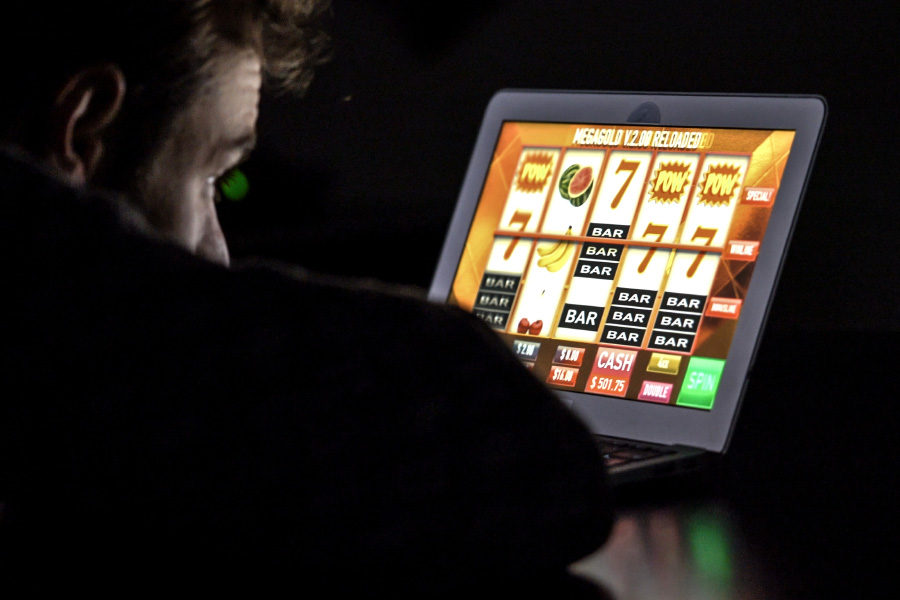Study finds increase in risky gambling in Australia

The study was conducted by The Australian National University (ANU).
Australia.- A study conducted by The Australian National University (ANU) has found an increase in risky online gambling in Australia. While the percentage of Australians engaged in gambling is similar to that of 12 months ago (60.3 compared to 61.3 per cent) the proportion of people gambling at risky levels has risen from 11.6 per cent to 13.6 per cent.
Participants were surveyed about their gambling habits over the past 12 months, as well as their overall well-being. The study found that Australian men, older age groups, and people with lower education levels had higher rates of gambling participation compared to younger age groups. In 2024, the most popular forms of gambling were lottery tickets (46.8 per cent of Australia’s adult population), followed by raffle or scratch tickets, poker machine gambling and race betting.
Lead author Dr Aino Suomi said: “This means a larger proportion of individuals who gamble are experiencing harm. Our data also suggests a move away from venue-based gambling to activities that are readily available online, such as sports betting.”
In a separate report using the same survey data, the ANU noted that approximately 1.2 million adults, equating to 5.3 per cent of the adult population, reported being affected by another individual’s gambling in the past year.
Suomi said: “Individuals who were affected by someone else’s gambling tended to be younger (aged 18 to 24), earning a lower income, experiencing problems related to their own gambling, and dealing with loneliness or psychological distress. If we have more data on this group of “affected others”, we can help understand how to best support them.”
Recent measures in Australia have included the launch of BetStop, the national self-exclusion register, mandatory ID pre-verification for new online wagering accounts and a ban on credit card use for online wagering.








